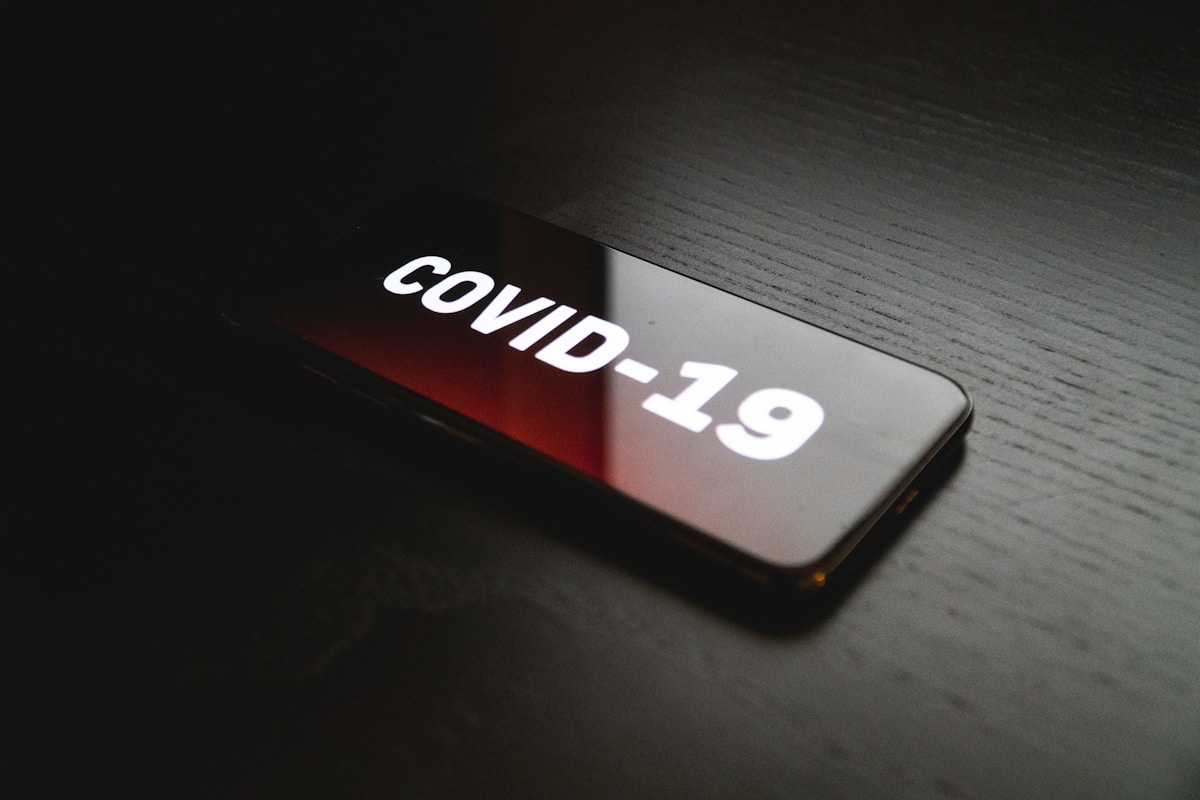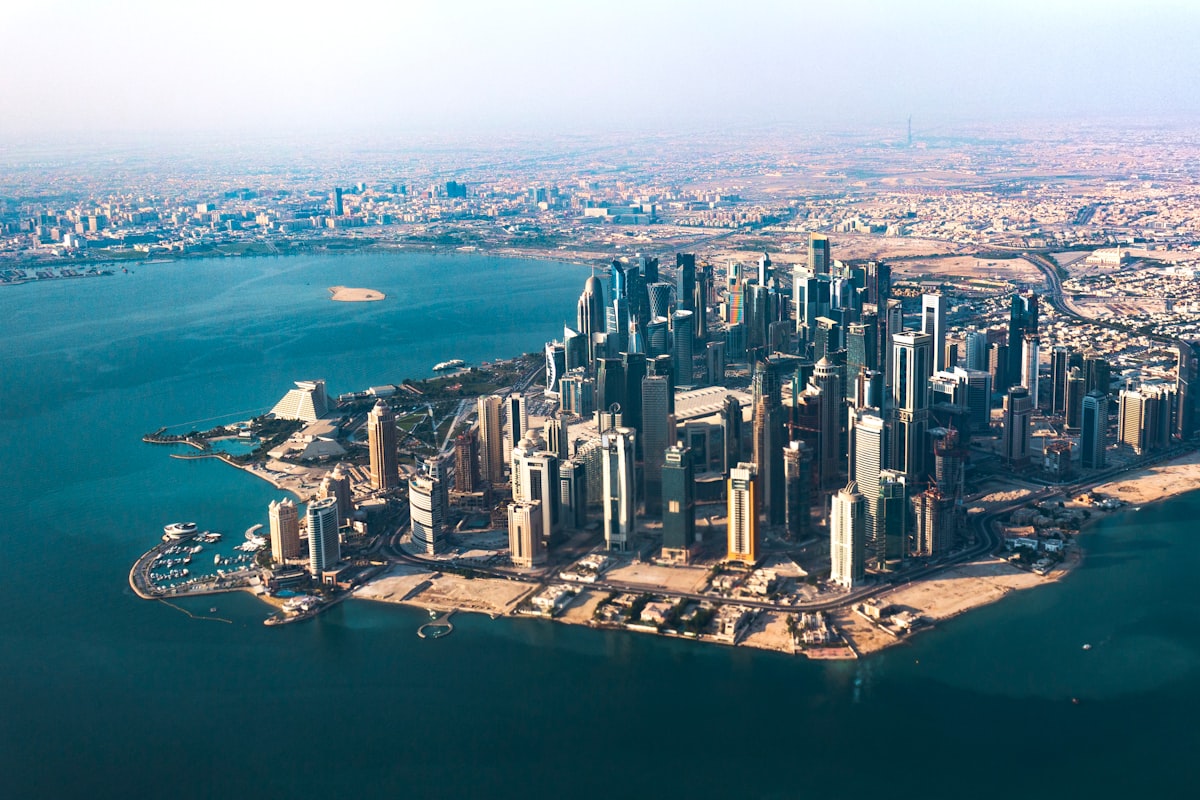
CommunicAsian
Routledge (1st Edition) 1 June 2023. The rise of Asia has changed the world, now shaped by greater global connectivity, geopolitics and shifting spheres of influence. Tapping into research and decades of experience in the world’s fastest-moving markets, this book makes a compelling case for a new and future-ready approach to communications planning and implementation, which the Asian Century demands. Facing a new operating environment, policymakers and business leaders have to act quickly and adjust long-established practices and value propositions in both corporate and government communications. This book provides a step-by-step plan for strategy development, laid out in a two-pronged approach designed to appeal to a multicultural audience. It aims to become an essential read for global practitioners and students in international relations and mass communications.
Table of Contents
1. Decoding the Asian Century: How the Bet on Modernization Has Paid Off
2. Communication vs. Communications: All That Makes Us Human
3. Purpose and Shared Values: Communications’ Best Engagement Model
4. Whatever We Imagine: From Aspiration to Inspiration
5. Looking for Polaris: How to Tackle the Global Disinformation Crisis
6. Public Diplomacy: Leveraging the Strong Side of Soft Power
7. Human Capital: Winning with New Talent Strategies
8. AI and Big Data: Enrolling Technocracy in Communications
9. Shenzhen Speed & Dubai Spirit: Engineering the Asianization of Communications
10. ACCESS and BEAT: Two Ways to Develop Future-Proof Strategies
Blog
Connectivity, Communications & Asia's Rise
▔▔▔▔
October 30, 2021March 4, 2021December 12, 2020March 31, 2020February 6, 2020More PostsOpinion Articles
.

An inspiring vision and well-crafted national narrative that resonates across cultures creates trust, goodwill and third-party advocacy—the ingredients of power and persuasion in the Asian Century. And when the advancement of national interests includes the championing of soft power, the outcome will always be a win for humanity because it delivers on multipolarity’s key promise: a more prosperous future for all.

Public discourse about Belt and Road has evidently turned into a tale of two worldviews, dividing stakeholders along geographic and ideological lines. However, a prolonged impasse is not a foregone conclusion.
If connectivity is right up there with liberty or capitalism then it sure won’t go away anytime soon. Belt and Road is its proxy and failure not an option. Given the escalating tensions with the US and the fact that most belts and roads end in Europe, the EU has a role to play in the reset of the BRI.

As the number of infections keeps rising in and outside China it becomes abundantly clear that the world has a strong self-interest in helping China. And herein lies an opportunity no one is talking about.
The more international collaboration Beijing invites to combat the virus, the more likely it is that China’s global perception will see a gradual shift from rival toward partner. That could open doors for fresh starts and renewed talks on the most contested issues where trust is central.

We can learn an important lesson from Bangladesh [the Rana Plaza building collapse]: risk and corporate responsibility cannot be outsourced. The good news is the tools for assessing and influencing corporate strategy from a reputational point of view exist and corporate reputation can be a strong driver and motivator to fix what’s wrong. Inviting communications advisers to take the fifth seat might just prove to be the best strategic move.

Communities directly affected by months and years of road works, sanitary upgrades and daily traffic back-ups have a much higher information need, underscoring the importance of open and proactive communications. The best way to address this is by investing in communications planning, community consultation and education, and stakeholder engagement programs.

As Qatar and its GCC neighbors embark on “extreme makeover” projects to overhaul their infrastructure, regional communications specialist Oliver Stelling asserts that governments must pay special attention to managing the people affected during this transitional period.
Sign up to receive alerts about new blog posts and articles



























